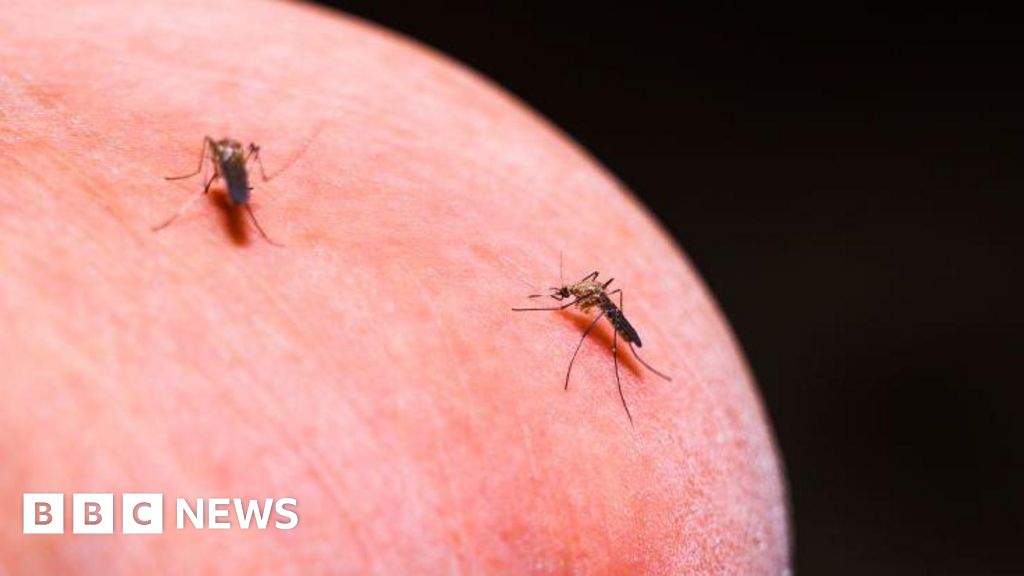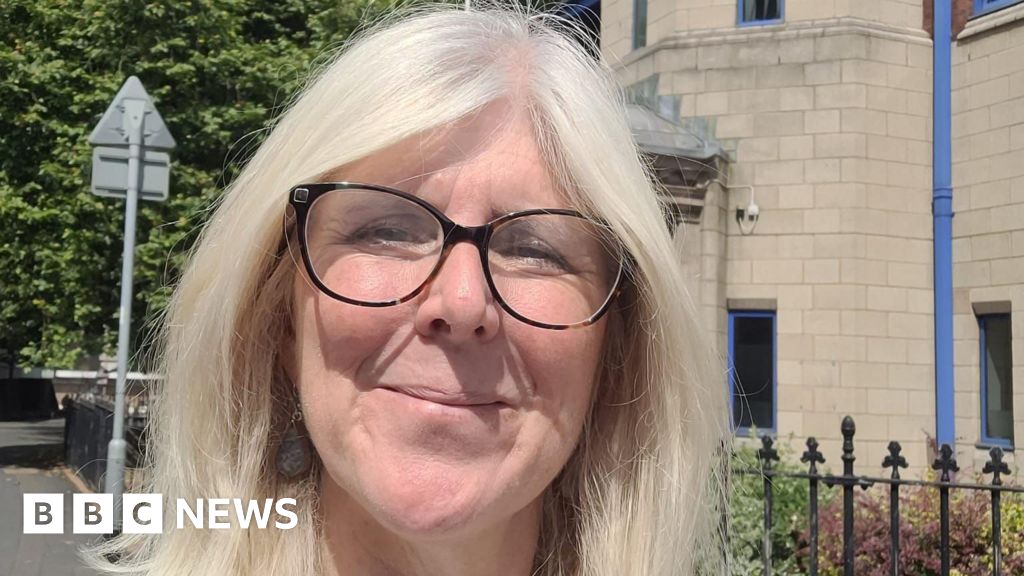Scientists propose novel way of treating mosquitoes for malaria
Mosquitoes should be given malaria drugs to clear their infection so they can no longer spread the disease, say US researchers.Malaria parasites, which kill nearly 600,000 people a year, mostly children, are spread by female mosquitoes when they drink blood.Current efforts aim to kill mosquitoes with insecticide rather than curing them of malaria.But a team at Harvard University has found a pair of drugs which can successfully rid the insects of malaria when absorbed through their legs. Coating bed nets in the drug cocktail is the long-term aim.Sleeping under a bed net has been one of the most successful ways of preventing malaria as the main malaria-spreading mosquitoes hunt at night.Vaccines to protect children living in high-risk malaria areas are also recommended.Nets are both a physical barrier and also contain insecticides which kill mosquitoes that land on them.But mosquitoes have become resistant to insecticide in many countries so the chemicals no longer kill the insects as effectively as they used to.”We haven’t really tried to directly kill parasites in the mosquito before this, because we were just killing the mosquito,” says researcher Dr Alexandra Probst, from Harvard.However, she says that approach is “no longer cutting it”.The researchers analysed malaria’s DNA to find possible weak spots while it is infecting mosquitoes. They took a large library of potential drugs and narrowed it down to a shortlist of 22. These were tested when female mosquitoes were given a blood-meal contaminated with malaria. In their article in Nature, the scientists describe two highly effective drugs that killed 100% of the parasites.The drugs were tested on material similar to bed nets.”Even if that mosquito survives contact with the bed net, the parasites within are killed and so it’s still not transmitting malaria,” said Dr Probst.”I think this is a really exciting approach, because it’s a totally new way of targeting mosquitoes themselves.”She says the malaria parasite is less likely to become resistant to the drugs as there are billions of them in each infected person, but less than five in each mosquito. The effect of the drugs lasts for a year on the nets, potentially making it a cheap and long-lasting alternative to insecticide, the researchers say.This approach has been proven in the laboratory. The next stage is already planned in Ethiopia to see if the anti-malarial bed nets are effective in the real world. It will take at least six years before all the studies are completed to know if this approach will work. But the vision is to have bed nets treated with both anti-malaria drugs and insecticide so that if one approach doesn’t work, then the other will.
Read more →








